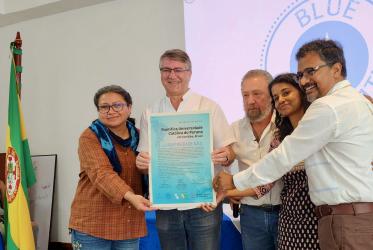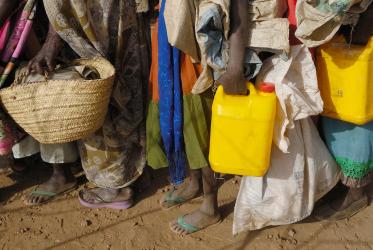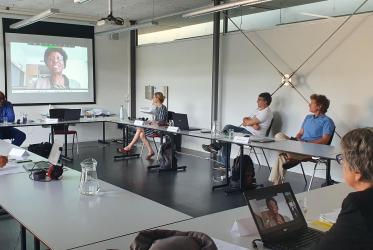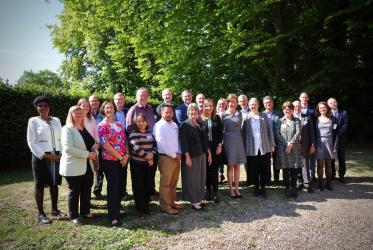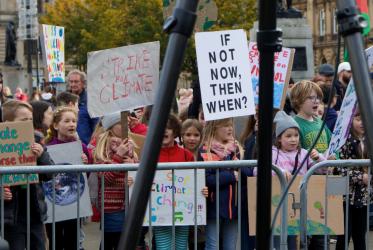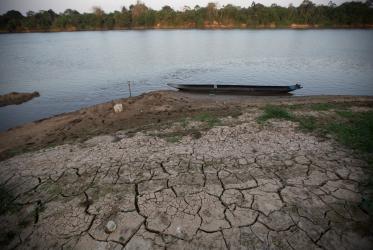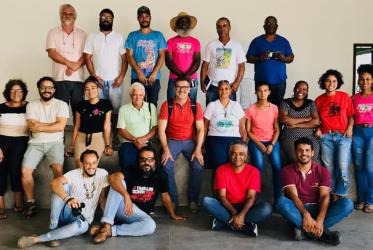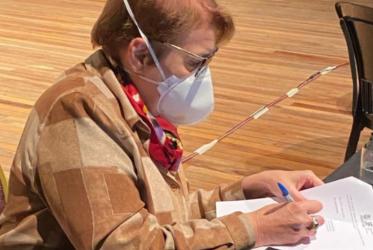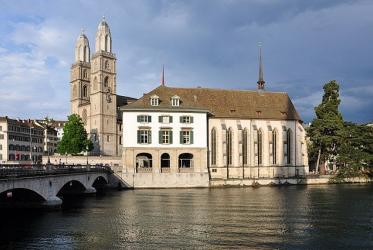Displaying 1 - 20 of 102
WCC’s Ecumenical Water Network attends Pilgrim Team Visit
30 August 2022
Geneva churches gather to celebrate Season of Creation
23 September 2021
Brazilian ecumenical water network launched
29 July 2021
Pulling together for a living River Pardo
02 July 2021
